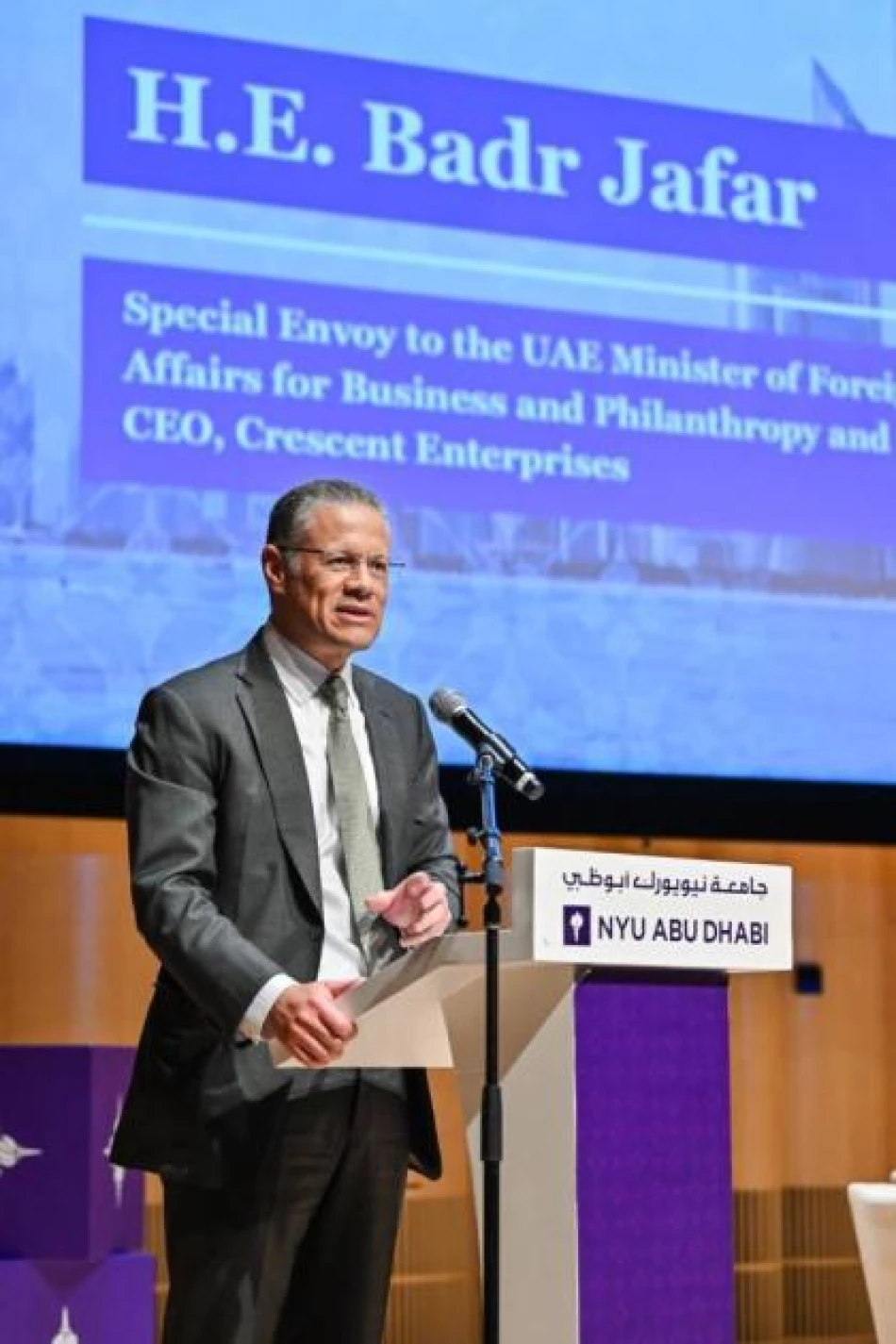
Envisioning Strategic Growth: NYUAD Hosts Impactful Future-Focused Forum
UAE Positions Itself as Global Philanthropy Hub Ahead of Historic $68 Trillion Wealth Transfer
As the world prepares for the largest intergenerational wealth transfer in history—$68 trillion over the next decade—the UAE is strategically positioning itself to become the Middle East's premier destination for strategic philanthropy. A high-level symposium at NYU Abu Dhabi revealed how Gulf nations are preparing to capture a significant share of charitable capital flows, potentially reshaping global development financing.
The Numbers Behind the Transformation
The symposium, organized by NYU Abu Dhabi's Strategic Philanthropy Initiative, brought together leading figures including Princess Lamia bint Majed Al Saud of the Alwaleed Philanthropies Foundation and Badr Jafar, the UAE's Special Envoy for Business and Philanthropy. Their discussions centered on a compelling projection: 89% of experts expect Africa and Asia, including the Middle East, to become the primary source of philanthropic growth over the next 25 years.
This shift coincides with an anticipated wealth transfer exceeding $1 trillion within these emerging markets over the next decade, suggesting a fundamental rebalancing of global charitable capital away from traditional Western centers.
UAE's Strategic Advantage in Charitable Capital
Building on Cultural Foundations
Badr Jafar emphasized that philanthropy in the UAE represents more than economic opportunity—it's "an authentic culture and a deep-rooted belief embedded in our values." This cultural foundation provides the UAE with a competitive advantage over purely transactional financial centers, as it can offer donors both sophisticated infrastructure and cultural alignment.
The Singapore Model for Philanthropy
The UAE's approach mirrors Singapore's successful strategy of becoming Asia's wealth management hub by combining regulatory sophistication with cultural sensitivity. Just as Singapore captured Asian family office migration by offering stability and expertise, the UAE is positioning itself as the natural bridge between government aspirations, private capital, and community innovation in the philanthropic space.
Market Implications for Wealth Managers and Family Offices
For wealth management professionals, this trend represents a significant opportunity. The symposium's findings suggest that philanthropic capital will become a major funding source for addressing global challenges, potentially rivaling traditional government and private sector financing.
Family offices, particularly those serving ultra-high-net-worth individuals from emerging markets, should anticipate increased demand for sophisticated philanthropic vehicles. The UAE's regulatory environment, combined with its geographic position between Asia and Africa, makes it an ideal hub for cross-border charitable initiatives.
Twelve Trends Reshaping Strategic Giving
The symposium released a comprehensive report identifying twelve transformational trends in the philanthropic sector, including donor partnerships, philanthropic prizes, high-risk but promising ventures, and the integration of Environmental, Social, and Governance (ESG) criteria with corporate social responsibility projects.
These trends indicate a maturation of the philanthropic sector, moving from traditional charity models toward more sophisticated, outcome-driven approaches that mirror private equity and venture capital methodologies.
Regional Competition and Global Context
The UAE's philanthropic ambitions face competition from established centers like Switzerland and emerging hubs in Asia. However, the Emirates possess unique advantages: political stability, advanced financial infrastructure, and cultural ties to both the Islamic world and international business communities.
Unlike purely Western philanthropic models, Middle Eastern approaches often emphasize community-based solutions and long-term relationship building, potentially offering more sustainable outcomes for development challenges across the Global South.
Policy Recommendations and Future Outlook
The report concludes with calls for streamlined regulations, supportive policies, and enhanced data and media reliability to ensure tangible results from philanthropic initiatives. This suggests that regulatory frameworks, rather than just tax incentives, will determine which jurisdictions capture the most philanthropic capital.
For governments seeking to attract philanthropic investment, the UAE model demonstrates that success requires more than favorable tax treatment—it demands sophisticated infrastructure, cultural authenticity, and clear outcome measurement systems. As wealth creation accelerates in emerging markets, the regions that can most effectively channel charitable capital toward measurable impact will likely dominate the next era of global development financing.
Most Viewed News

 Omar Rahman
Omar Rahman






